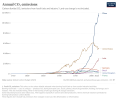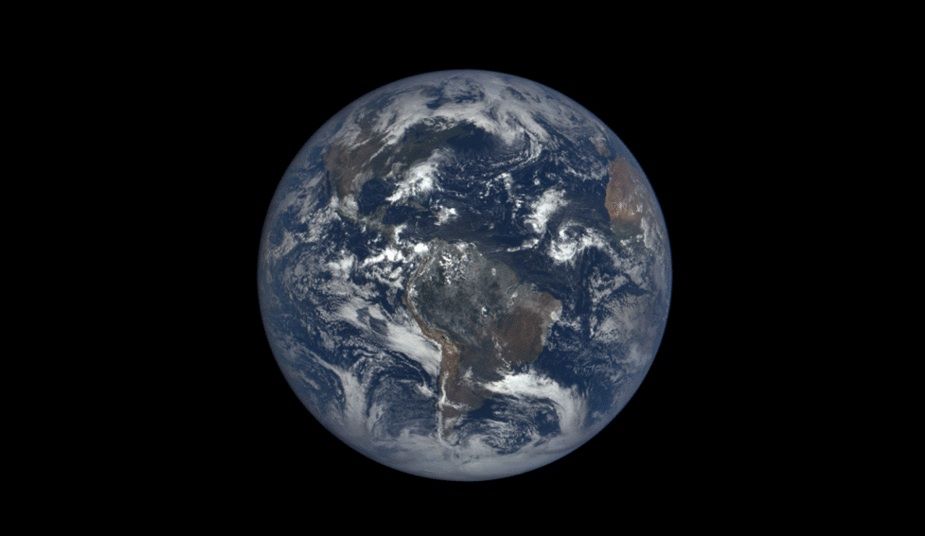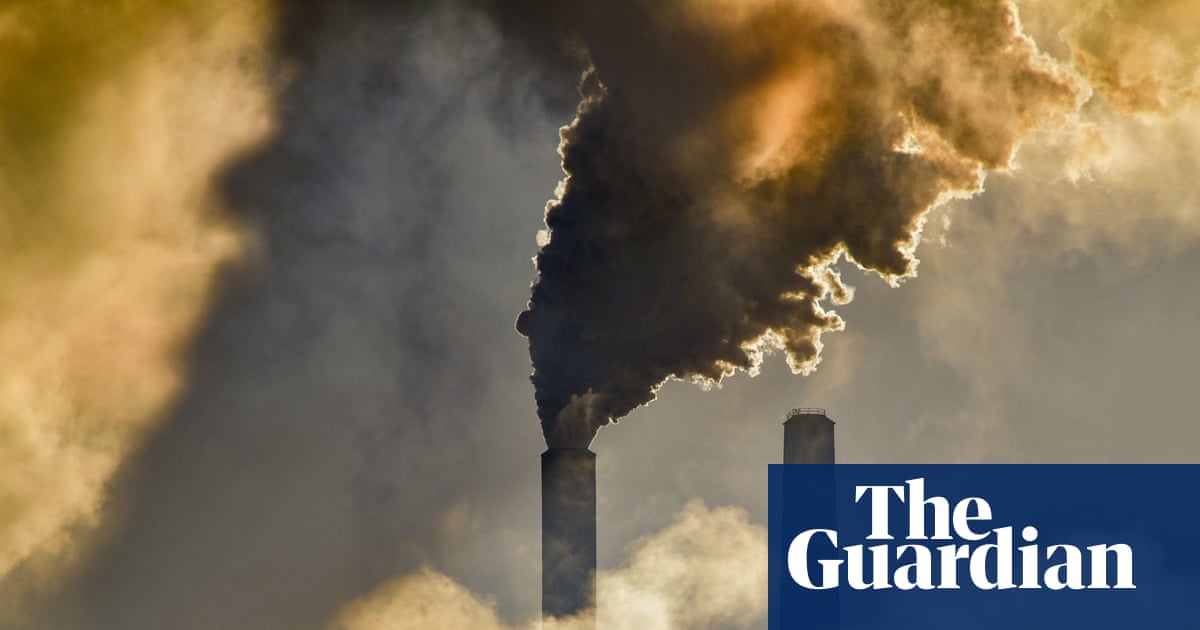Is Earth 'on the brink'? 2024 was likely our planet’s hottest year in 125,000 years

www.space.com
2024 may have been Earth's hottest year in at least 125,000 years, according to a grim climate report published Wednesday (Oct. 29) that describes our world as "on the brink" and warns its "vital signs are flashing red," with nearly two-thirds showing record highs.
Last year had already been declared the
hottest on record (those records dating back to the late 1800s), following 2023 — which used to be considered the
warmest year in human history. The year 2024 also capped a
decade of record-breaking heat fueled by human-caused climate change, continuing a trend that began in 2015. Now,
the new report, led by researchers at Oregon State University, suggests the year was also likely hotter than the peak of the last interglacial period, roughly 125,000 years ago, when natural shifts in Earth's orbit and tilt made the planet warmer and sea levels several meters higher. That result is based on previously
published climate studies.
The study concludes that 22 of 34 measurable indicators of Earth's health, including greenhouse gas levels, ocean heat, sea ice and deforestation, have reached record extremes. The authors warn that these trends suggest humanity is in a "state of ecological overshoot," consuming the planet's resources faster than they can be replenished.
————————————————————
The state of the planet report:
We are hurtling toward climate chaos. The planet's vital signs are flashing red. The consequences of human-driven alterations of the climate are no longer future threats but are here now. This unfolding emergency stems from failed foresight, political inaction, unsustainable economic systems, and misinformation. Almost every corner of the biosphere is reeling from intensifying heat, storms, floods, droughts, or fires. The window to prevent the worst outcomes is rapidly closing. In early 2025, the World Meteorological Organization reported that 2024 was the hottest year on record (WMO 2025a). This was likely hotter than the peak of the last interglacial, roughly 125,000 years ago (Gulev et al. 2021, Kaufman and McKay 2022). Rising levels of greenhouse gases remain the driving force behind this escalation. These recent developments emphasize the extreme insufficiency of global efforts to reduce greenhouse gas emissions and mark the beginning of a grim new chapter for life on Earth.
In this report, we seek to speak candidly to fellow scientists, policymakers, and humanity at large. Given our roles in research and higher education, we share an ethical responsibility to sound the alarm about escalating global risks and to take collective action in confronting them with clarity and resolve. We show evidence of accelerated warming and document changes in Earth's vital signs. These indicators build on the framework introduced by Ripple and colleagues (2020), who issued a declaration of a climate emergency that has garnered support from approximately 15,800 scientist signatories worldwide. We also examine recent extreme weather disasters and discuss physical and social risks. The final sections of the report include suggested climate mitigation strategies and the broader societal transformations needed to secure a livable future. A summary of key findings is given in box
1.
Key Highlights. (See main text for data sources.)
- •
The year 2024 set a new mean global surface temperature record, signaling an escalation of climate upheaval.
- •
Currently, 22 of 34 planetary vital signs are at record levels.
- •
Warming may be accelerating, likely driven by reduced aerosol cooling, strong cloud feedbacks, and a darkening planet.
- •
The human enterprise is driving ecological overshoot. Population, livestock, meat consumption, and gross domestic product are all at record highs, with an additional approximately 1.3 million humans and 0.5 million ruminants added weekly.
- •
In 2024, fossil fuel energy consumption hit a record high, with coal, oil, and gas all at peak levels. Combined solar and wind consumption also set a new record but was 31 times lower than fossil fuel energy consumption.
- •
So far, in 2025, atmospheric carbon dioxide is at a record level, likely worsened by a sudden drop in land carbon uptake partly due to El Niño and intense forest fires.
- •
Global fire-related tree cover loss reached an all-time high, with fires in tropical primary forest up 370% over 2023, fueling rising emissions and biodiversity loss.
- •
Ocean heat content reached a record high, contributing to the largest coral bleaching event ever recorded, affecting 84% of reef area.
- •
So far, in 2025, Greenland and Antarctic ice mass are at record lows. The Greenland and West Antarctic ice sheets may be passing tipping points, potentially committing the planet to meters of sea-level rise.
- •
Deadly and costly disasters surged, with Texas flooding killing at least 135 people, the California wildfires alone exceeding US$250 billion in damages, and climate-linked disasters since 2000 globally reaching more than US$18 trillion.
- •
Climate change is endangering thousands of wild animal species; more than 3500 species are now at risk and there is new evidence of climate-related animal population collapses.
- •
The Atlantic meridional overturning circulation is weakening, threatening major climate disruptions.
- •
Climate change is already affecting water quality and availability, undermining agricultural productivity, sustainable water management, and increasing the risk of water-related conflict.
- •
A dangerous hothouse Earth trajectory may now be more likely due to accelerated warming, self-reinforcing feedbacks, and tipping points.
- •
Climate change mitigation strategies are available, cost effective, and urgently needed. From forest protection and renewables to plant-rich diets, we can still limit warming if we act boldly and quickly.
- •
Social tipping points can drive rapid change. Even small, sustained nonviolent movements can shift public norms and policy, highlighting a vital path forward amid political gridlock and ecological crisis.
- •
There is a need for systems change that links individual technical approaches with broader societal transformation, governance, policies, and social movements.






